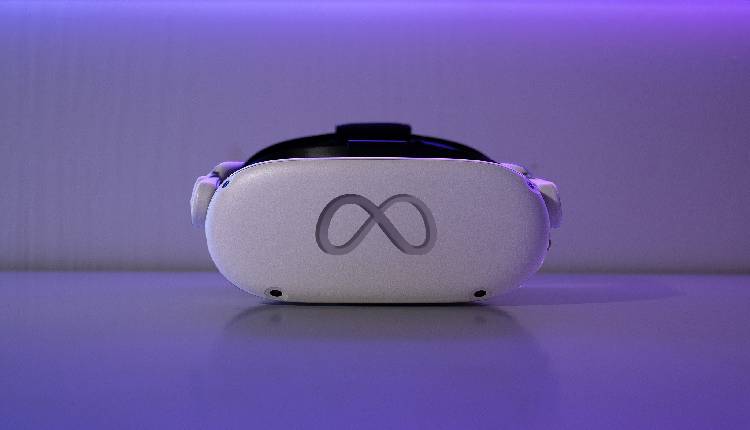Meta has lowered the minimum age for its virtual reality headset, Quest, from 13 years old to 10 years old, ignoring lawmakers’ remarks about not marketing the VR services to younger users, the company announced on Friday.
Parents will be able to create accounts for kids as young as 10 on Meta’s Quest 2 and Quest 3 headsets starting later this year, said Meta in a blog post.
Parents must give their permission for preteens to create an account and download applications to the device; the company would also use children’s ages to provide age-appropriate experiences like recommending apps, Meta added.
“There’s a vast array of engaging and educational apps, games, and more across our platform, the majority of which are rated for ages 10 and up,” Meta stated.
The social media platform company’s lowering of the minimum age comes as the company and others face criticism over their services’ influence on young users, including the potential harm to teenagers’ mental health, or leading them towards harmful content.
Parents and lawmakers have warned against the use of VR and the metaverse by teens and children. Two Democratic senators have urged Meta to suspend a plan to offer Horizon Worlds, Meta’s VR app, to teens ageing from 13 to 17, stating that the technology could cause harm to young users’ physical and mental health.
Meta ignored warnings, moving ahead with its plan to allow teens as young as 13 in the U.S. and Canada to use Horizon Worlds.
“Parents will be able to set time limits and enforce breaks for their preteens on the headsets, the accounts of users under 13 will be set to private and have their active status hidden on apps by default; and it will cast content from its VR headsets to a TV or phone screen, so parents can watch what their kids are seeing,” said Meta.
Meta will also not be serving ads to users in this age group; parents can choose whether their child’s data can be used to improve the company’s services.
Horizon Worlds will remain restricted to users 13 and older in the U.S., Canada and 18 and older in Europe until it allows preteens to create parent-managed accounts on the headsets later this year.










